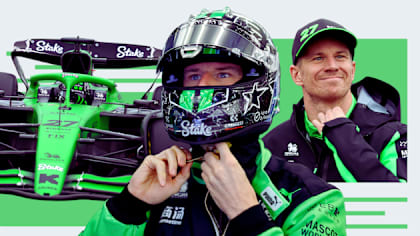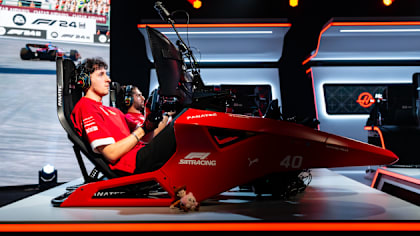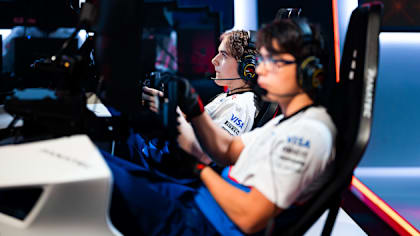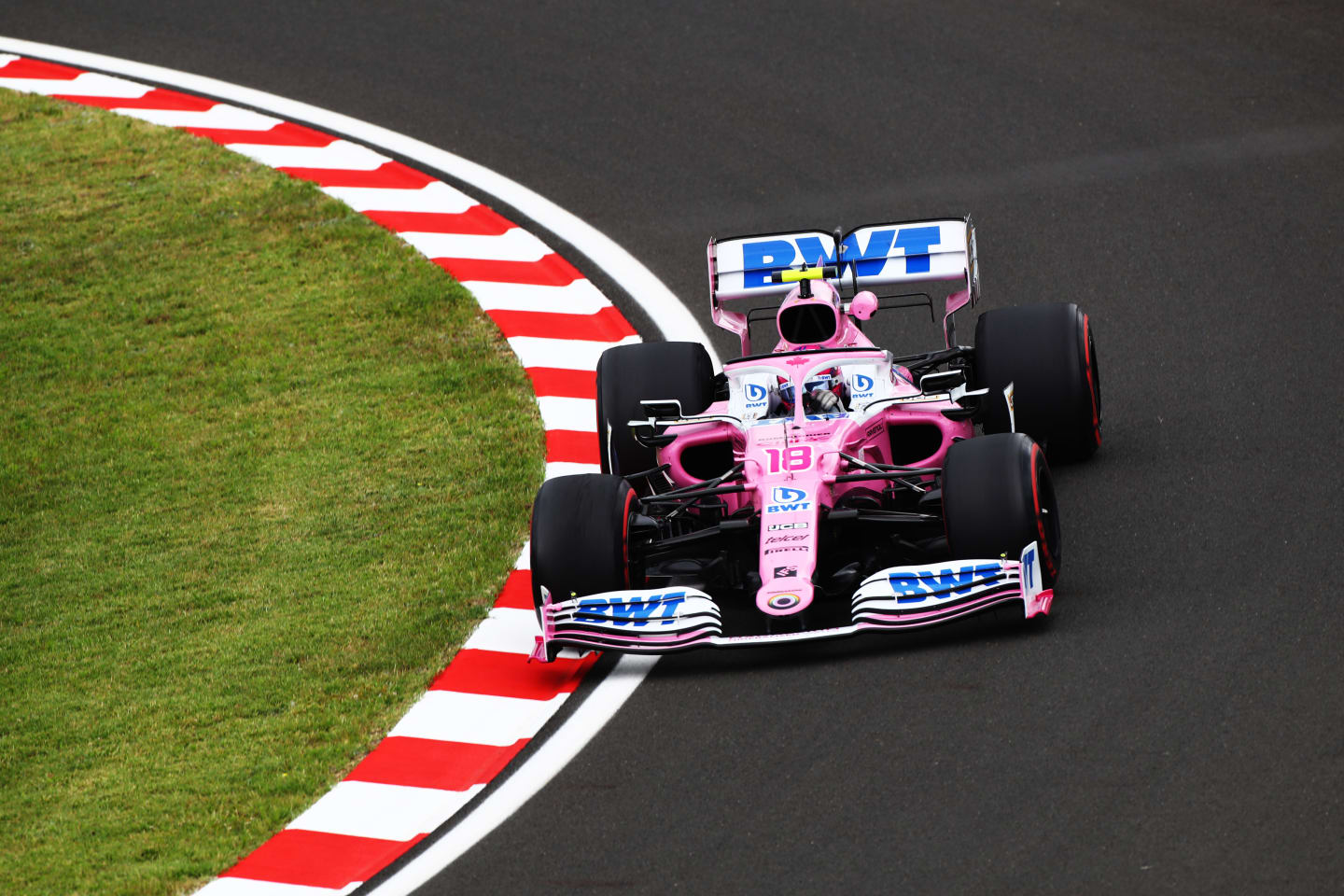
News
‘It’s about the future of F1’ – Renault outline why they protested Racing Point’s brake ducts
Share

It was the talk of the town on Sunday night after the Styrian Grand Prix, as Renault launched a protest against rivals Racing Point, with a particular focus on the team's brake ducts. Speaking in Hungary, Renault Executive Director Marcin Budkowski explained that his team are looking for clarity over whether the brake ducts are permissible as they believe it will have wider implications for the future of Formula 1.
Racing Point raised eyebrows at Barcelona testing when they unveiled a car that looked remarkably similar to last year’s championship-winning Mercedes. The team – who take an engine as well as several parts, including the suspension, from Mercedes as per the rules – have admitted they have taken inspiration from the car, but consistently insisted what they have done is within the rules.
What makes the brake discs interesting is that they are 'listed parts', which means the designs must be a team's own and not sourced from a rival or third party supplier - something Renault do not believe is the case.
READ MORE: Racing Point ‘have all the evidence to prove our car’s legal’, says Stroll
“We presume that the brake ducts of the Racing Point, some parts of the Racing Point in general, are designed from another team which is not legal in the regulations," explained Budkowski.
We will provide all the evidence that is asked for us and I think the outcome will be bulletproof
Otmar Szafnauer
“We actually believe that they have received drawings, they have received parts which they’ve used to build their car this year," he added. "And we believe this is not right. If this is not the case then we will see. We will see the investigation of the FIA and we will see what the stewards think about it.
“If the FIA finds these brake ducts are designed from another team, then I expect they will check the rest of the car.”
TECH TUESDAY: Under the skin of Renault's protest of Racing Point's RP20
Photos appear to show similarities between the Racing Point and Mercedes designs, but Racing Point Team Principal Otmar Szafnauer says closer inspection from the FIA will reveal they are distinctly different.
“I think the [FIA’s] process is bulletproof,” he said in the Friday press conference. “We will provide all the evidence that is asked for us and I think the outcome will be bulletproof as well, which is quite nice, because there are things that the camera can’t see, especially the internal surfaces of a brake duct for example, which we completely designed and developed ourselves.
“When you compare the two parts, by the FIA, then we will absolutely know the brake ducts are unique, our IP [Intellectual Property] and designed by us.”
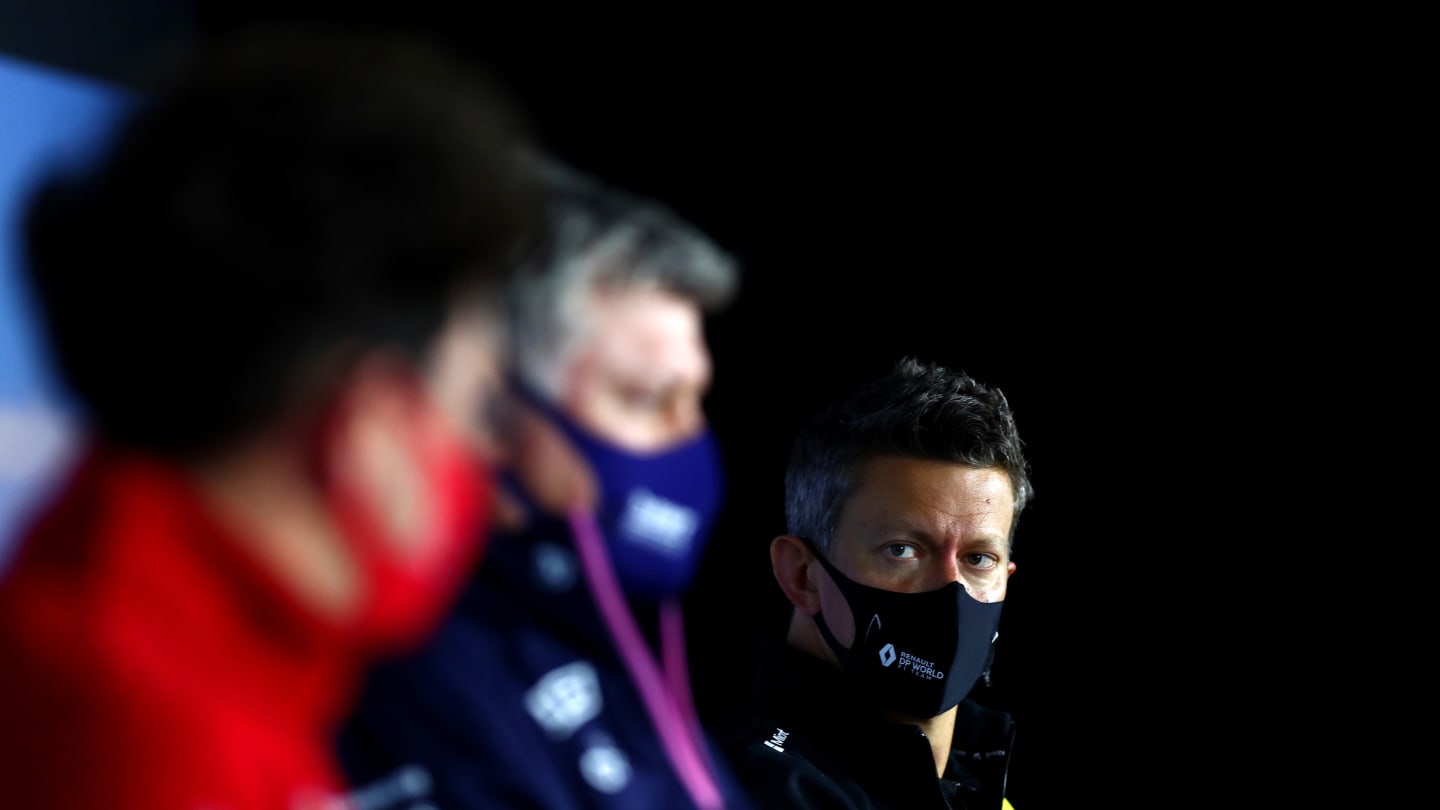
Budkowski and Szafnauer faced the media together on Friday in Hungary
Budkowski added that Renault targeted the brake ducts because they have a huge impact on performance and therefore they want clarity as to whether the externals, but more importantly the internals of the brake ducts comply with the regulations.
“The main point there is brake ducts are essential performance differentiators on today’s F1 cars,” he said. “And they are not only there to cool brakes, they are an essential aerodynamic device both at the front and rear in terms of extracting aero performance.
“They are also essential in controlling tyre temperatures, and we know tyre temperatures are fairly important in Formula 1 nowadays, that’s one of the reasons.
READ MORE: Renault's protest 'misconceived and poorly informed' insist Racing Point
“The other reasons, as Otmar touched on, are that there are surfaces that are visible to the eye and the cameras, but there are also surfaces which are impossible to see from outside, where it would be difficult to copy from pictures.”
For us, it is important to clarify what kind of level of exchanges are permissible
Marcin Budkowski
He added: “For us, it is important to clarify what kind of level of exchanges are permissible. Is it permissible to get parts and geometries and use them on your car or not? Because we don’t think that is the right model for F1 in the future. It’s beyond the protest of this race, it’s about what kind of model we want for the future of F1.”
Racing Point, who Szafnauer said were anticipating a protest at some stage during the season following testing, have three weeks to gather evidence to demonstrate that their RP20 is completely legal, with the team’s drivers Lance Stroll and Sergio Perez telling the media in Hungary that they were confident the car was “100% legal”.
YOU MIGHT ALSO LIKE
News ‘It’s tough’ – Lawson shares first message after Red Bull seat swap with emotional social media post
Feature EXCLUSIVE: ‘I’m here for the grind’ – Nico Hulkenberg on his Sauber return, Audi’s impending arrival and targeting F1’s top step
Video LIVESTREAM: Catch all the Round 12 action from the season finale of the 2025 F1 Sim Racing World Championship
Video LIVESTREAM: Watch all the action from Round 10 of the 2025 F1 Sim Racing World Championship as the drivers tackle Interlagos


